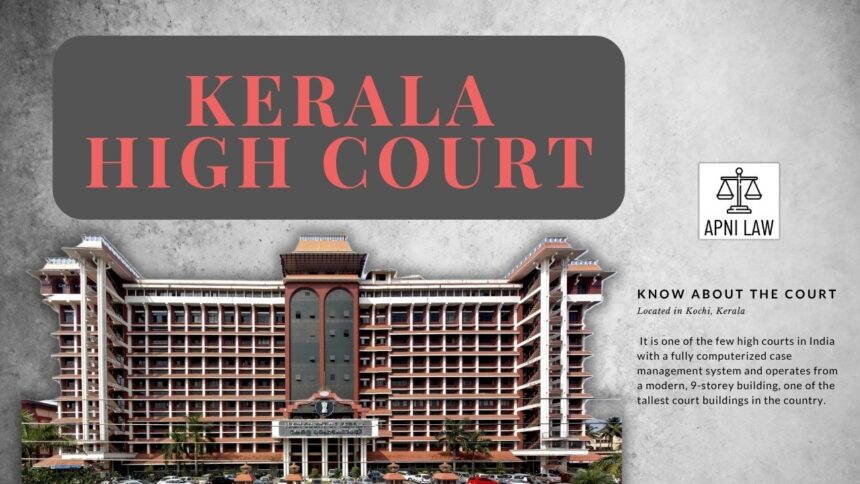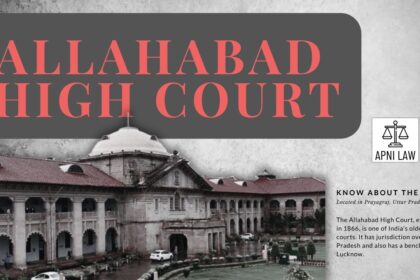Introduction
The Kerala High Court has ruled that a man’s second marriage under Muslim personal law cannot proceed for registration without giving the first wife a hearing. The Court emphasised that even when a second marriage is permitted by Muslim law, statutory registration under the Kerala Registration of Marriages (Common) Rules 2008 must respect constitutional fairness and the rights of the first wife.
Facts of the Case
A husband (“first petitioner”) was already married to his first wife, with whom he had two children and the marriage was duly registered. He subsequently entered into a second marriage (as per Muslim customary rites) and fathered two more children with the second wife (“second petitioner”). The second couple applied to register their marriage under the Rules 2008. The registration authority rejected the application, prompting the second couple to file a writ petition before the Kerala High Court seeking direction for registration.
What the Court Says
The Court dismissed the writ petition. It held that before the Registrar may register a second marriage under the Rules 2008 when the first marriage is subsisting and the first wife is alive, the first wife must be given notice and an opportunity to be heard.
The Court observed that while Muslim personal law may permit multiple marriages in specific situations, those permissions must operate within the framework of constitutional rights.
Equality under Article 14 and protection against discrimination under Article 15 must be given effect even when religious personal laws apply.
Further, the Court emphasised that the validity of the second marriage is not to be determined by the Registrar at the time of registration. In case the first wife objects on grounds such as neglect, cruelty or lack of capacity to maintain multiple wives, the matter must be referred to the competent Civil Family Court for adjudication, and the Registrar must refrain from registering the marriage until that question is resolved.
Implications
This ruling has important consequences for registration of marriages under the Rules 2008 and for Muslim personal law cases. It clarifies that statutory registration is not a mere formality when a second marriage is involved, the first wife’s participation (notice and hearing) is a prerequisite. For registration authorities, this decision imposes a duty of procedural fairness in notifying the first wife and she must be given opportunity to raise objections. From the perspective of spouses, especially first wives, the judgment strengthens her legal position before registration of a husband’s second marriage. It signals that an attempt to register a second marriage without engaging the first wife may be vulnerable. Moreover, the ruling underscores that personal law permissions do not override constitutional safeguards. Practitioners must therefore advise clients seeking registration of second marriages to factor in the first wife’s rights and the possibility of challenge before the Registrar acts.
For any specific query call at +91 – 8569843472
Conclusion
In this decision, the Kerala High Court reaffirmed that registration of a second marriage by a Muslim husband under the Rules 2008 cannot proceed without giving the first wife an opportunity to be heard. While personal law may permit multiple marriages in certain contexts, statutory registration must respect procedural fairness and constitutional equality. The ruling strengthens the procedural protections afforded to first wives and clarifies the role of marriage registration authorities in such cases.








